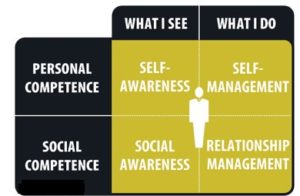Are you Growing ?
If you are following someone or practicing a business process or under mentor-ship or guidance but still not growing after a reasonable time-frame – you need to think .
No matter who-so-ever you are following , the content you are letting in , if that is not resulting in your growth – you need to change.
Also are you practicing what is told or you think ?
Hear me out –
Please share your thoughts in the comments section below, as I learn just as much from you as you do from me.

















